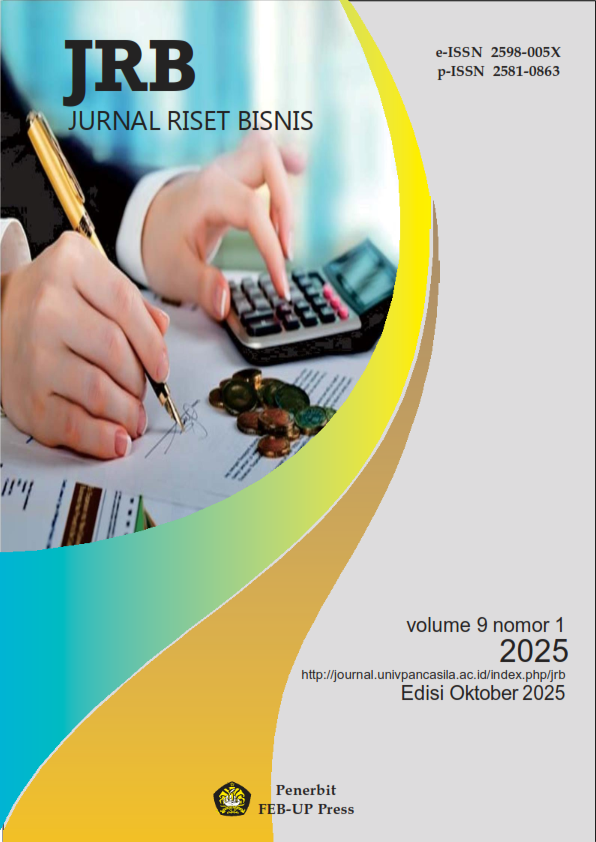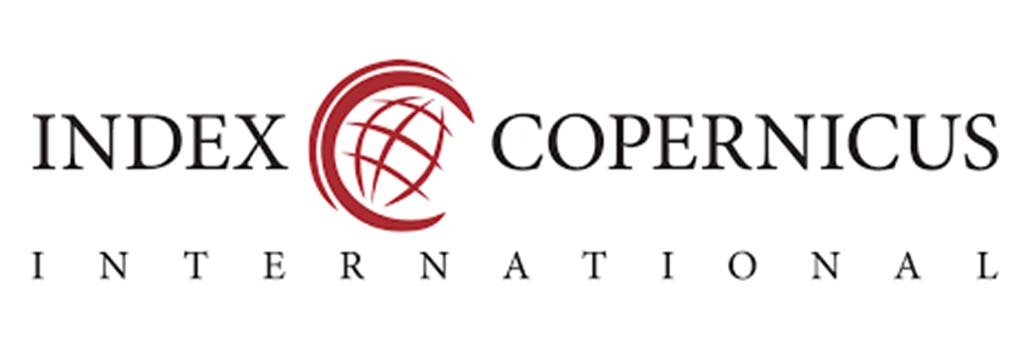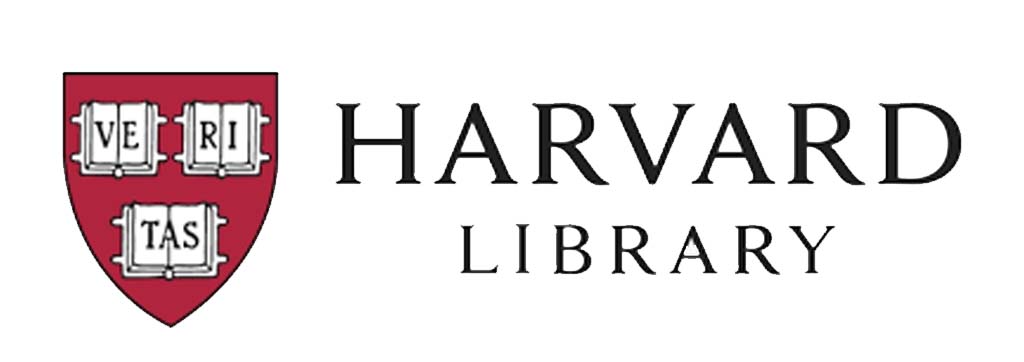PENGUNGKAPAN ETIKA DAN KINERJA KEUANGAN: BUKTI DARI BANK ISLAM DI INDONESIA
DOI:
https://doi.org/10.35814/934z7828Keywords:
Tata Kelola Perusahaan Syariah, Pelaporan Sosial Islam, Kinerja KeuanganAbstract
Failures in corporate governance have underscored the pivotal role of ethical practices and transparent disclosures in maintaining financial performance and stakeholder trust. Within the context of Islamic banking, insufficient and opaque reporting in Islamic Corporate Governance Disclosure and Islamic Social Reporting Disclosure may erode investor confidence and, in turn, diminish financial performance. This study investigates the empirical relationship between ethical disclosure, operationalized through Sharia Governance Disclosure and ISR, and the financial performance of Islamic commercial banks in Indonesia, as measured by Return on Assets (ROA). Employing a quantitative approach with an explanatory research design, the study utilizes secondary data from the annual reports of Islamic commercial banks spanning the period 2020 to 2024. Samples were selected using purposive sampling, and panel data regression analysis was conducted, with the Common Effect Model (CEM) identified as the most appropriate. The results indicate that both Islamic Corporate Governance Disclosure and Islamic Social Reporting significantly impact Islamic banks' financial performance, emphasizing the importance of ethical compliance and social accountability in enhancing financial outcomes. The findings imply that reinforcing ethical disclosure mechanisms and integrating Sharia-compliant governance structures are essential not only for upholding Islamic ethical values but also for improving financial outcomes. These insights are valuable for regulators, policymakers, and Islamic bank practitioners in formulating strategies that align ethical accountability with financial sustainability.
Downloads
Published
Issue
Section
License
Copyright (c) 2025 JRB-Jurnal Riset Bisnis

This work is licensed under a Creative Commons Attribution-ShareAlike 4.0 International License.

























